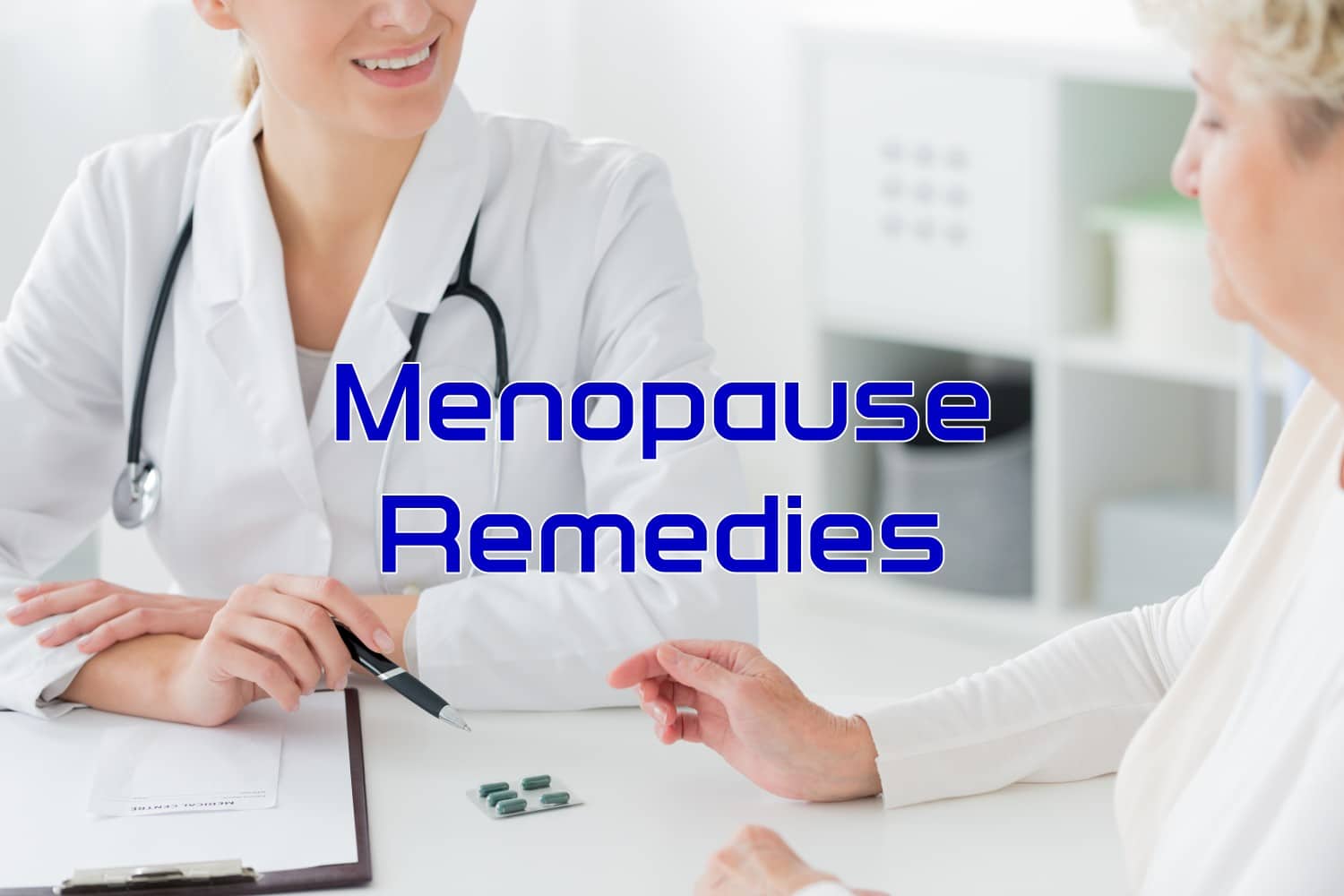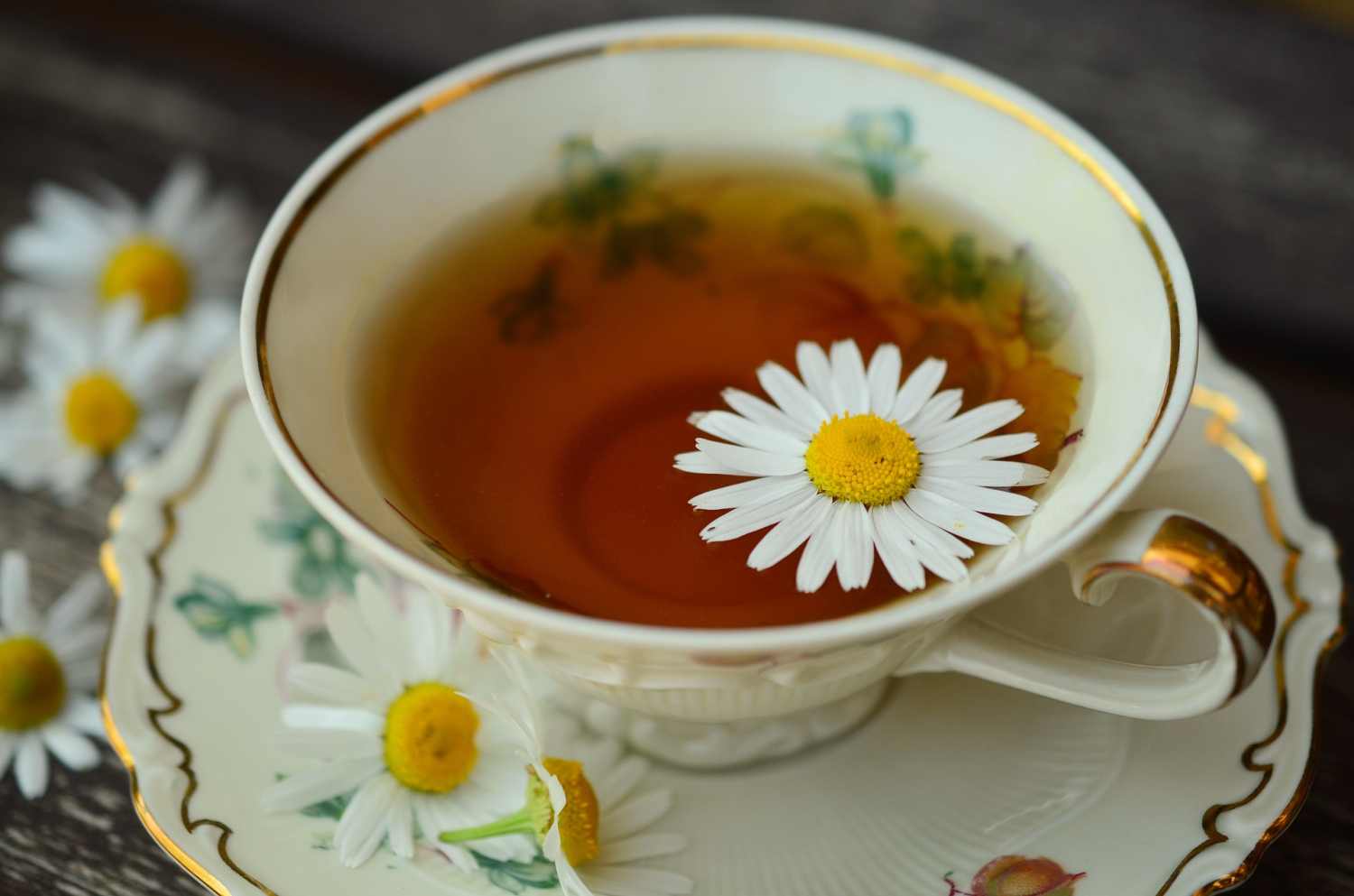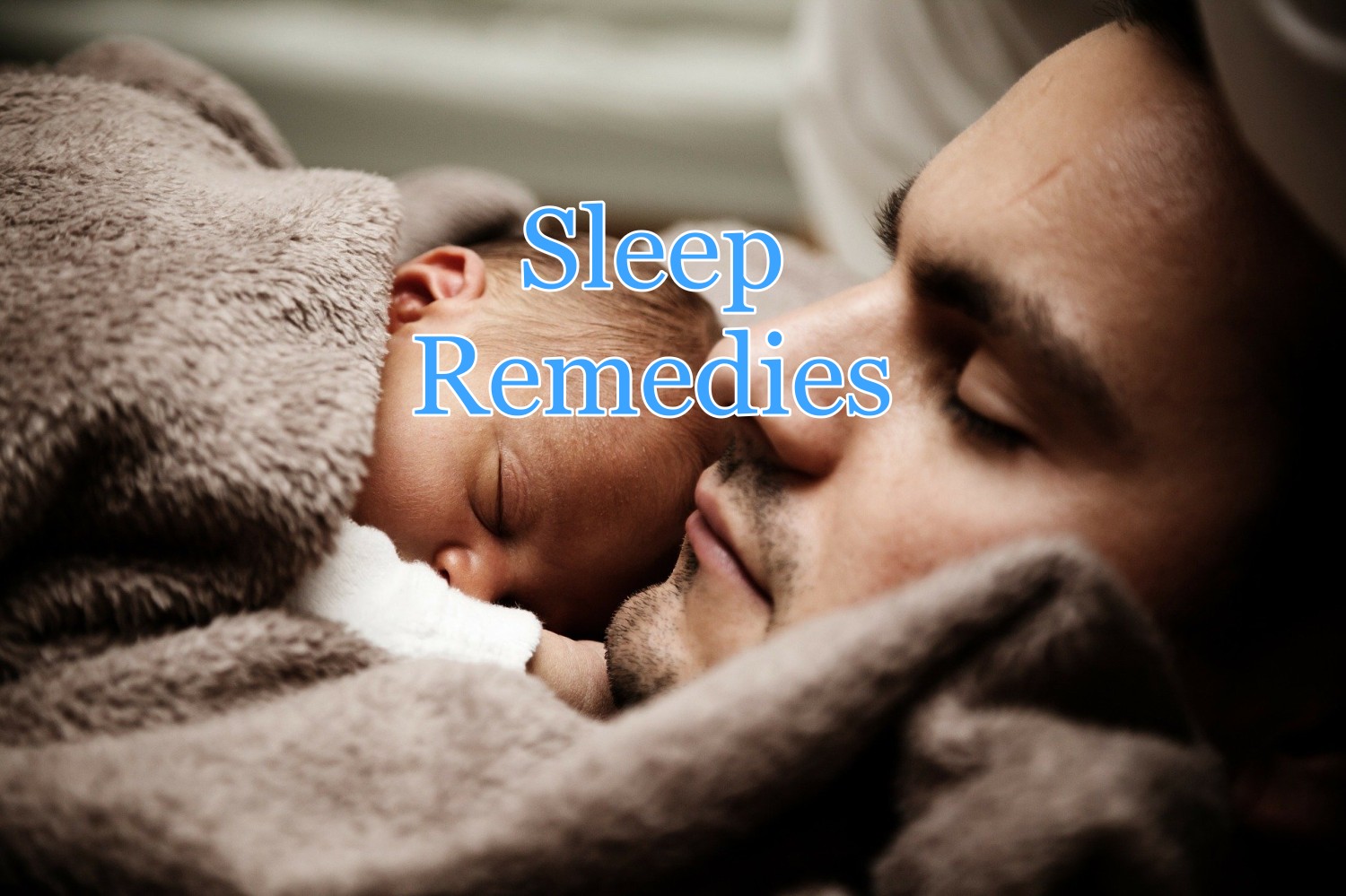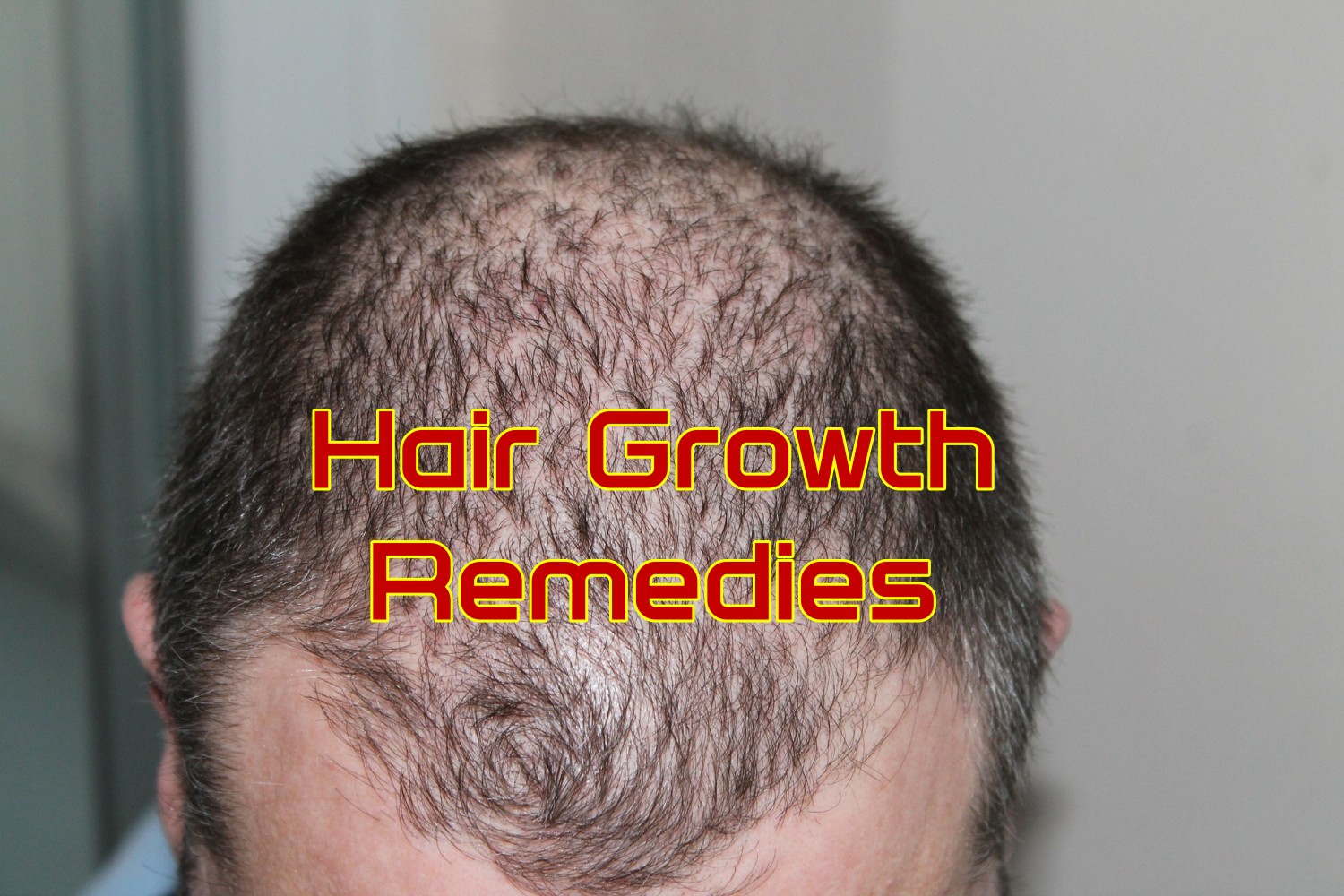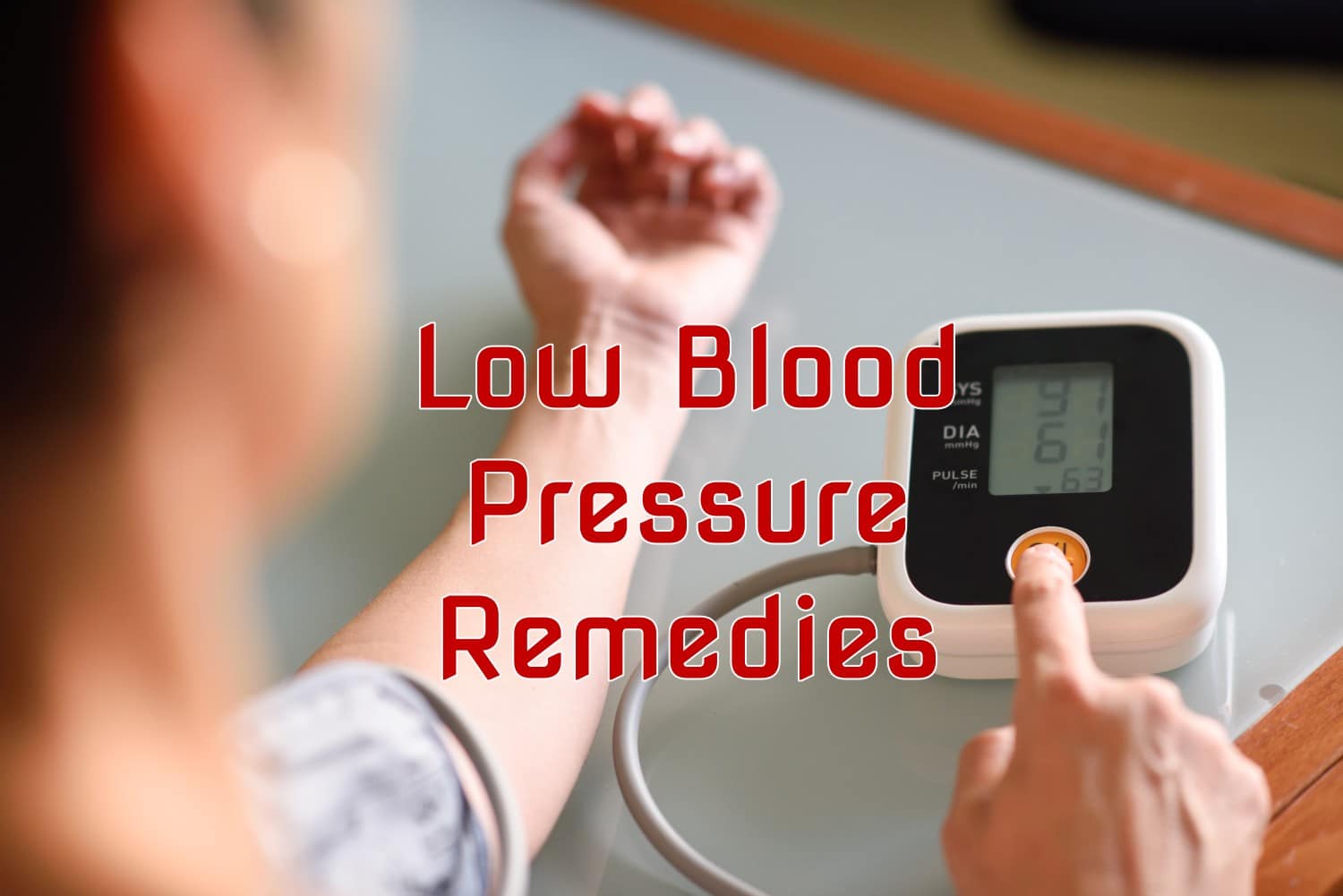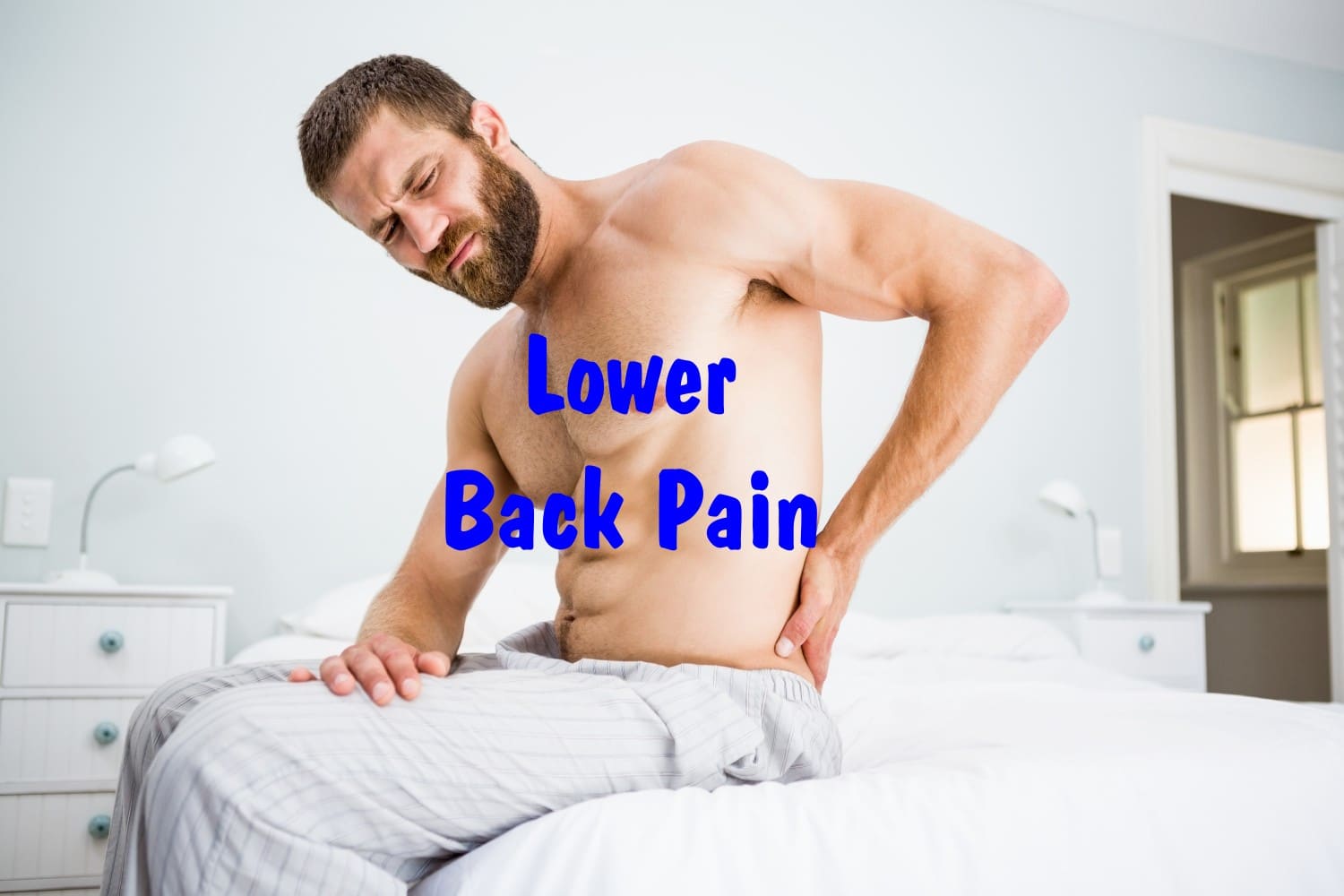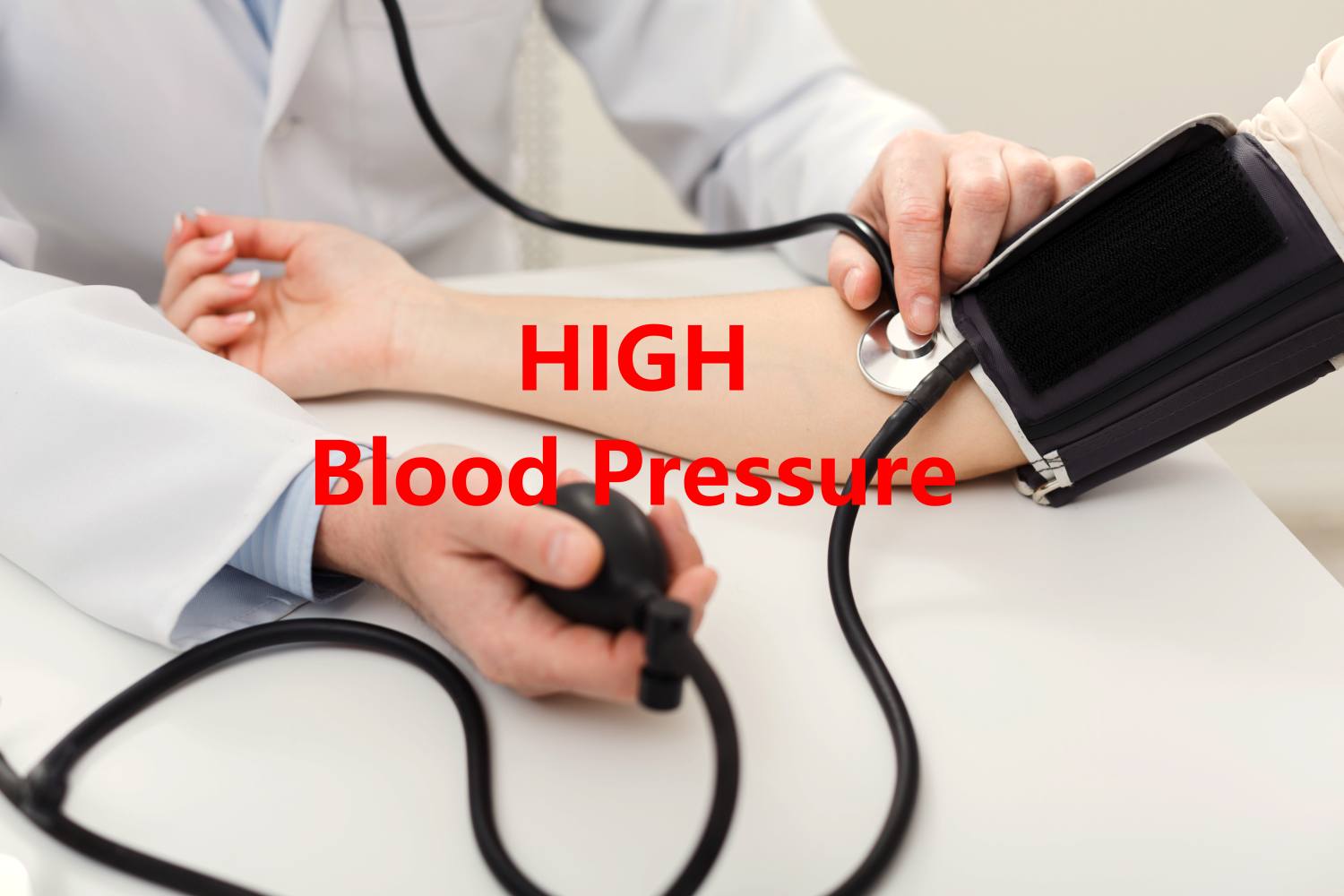10 Home Remedies for Menopause
Menopause is when a woman’s menstrual cycles come to an end. The term is used to describe any and all the changes that happen during this transitional time, from before a woman stops having her period to afterwards. This time marks an end to reproductive years. The cause of menopause is when the release of eggs, comes to an end.
Before menopause, the hormones estrogen and progesterone control the period/menstruation and the release of those eggs (ovulation). A woman is born with all of her eggs which are stored in her ovaries. When the ovaries stop releasing eggs once a month, the time for menopause has come. Menopause is a regular cause of aging in women over the age of 45, and most commonly starts between 45 and 55 years old. Some women can go through menopause early as a result of a few factors:
* Different types of surgery
* Family history
* Chemotherapy or radiation treatment
* Auto immune conditions
* HIV/AIDS
* Chronic fatigue syndrome
* Missing chromosomes
Although it’s important to know that early menopause (typically 40-44 years old) can happen naturally in about 5% of women, and if you suspect that you might be starting that stage in your life, here are the most common symptoms to look out for:
* Loss of regular periods
* Loss of breast fullness
* Dry skin
* Thinning hair
* Mood changes
* Problems sleeping
* Night sweats and chills
* Hot flashes
* Vaginal dryness
It’s good to note that the symptoms and severity of them is different from woman to woman, and it’s a good idea to see your doctor regularly throughout the process. Even though there are different options for medication to help you through menopause, there are also several more natural and healthy ways to do so. Here are 10 home remedies for menopause:
10 Home Remedies for Menopause
#1 – Eat Foods Rich in Calcium and Vitamin D Due to hormonal changes during menopause, your bones are at risk of becoming weaker and are at a higher risk of osteoporosis. Calcium and vitamin D are known to help with bone health so it’s a good idea to get enough of these nutrients in your diet. If you think you might be deficient, you can request a blood test from your doctor and check your levels. Although these nutrients can be supplemented, consuming a sufficient amount in your diet is a healthier and more effective way of giving your body what it needs. Here are some of the most calcium and vitamin D rich foods:
* Spinach
* Kale
* Sardines, salmon, perch and rainbow trout
* Orange juice
* Oatmeal
* Soy milk
* Cheese
* Eggs
* White beans
* Okra
* Soybeans
* Collards
#2 – Maintain a Healthy Diet Weight gain during menopause is a common thing. The reasons for this can be a mixture of hormones, ageing, genetics and of course lifestyle. However, it’s important to note that having excess body fat, especially around the waist area, increases your risk of developing heart disease, diabetes and other diseases as well. If that wasn’t enough, there is a direct link between your body fat index and the severity of your menopausal symptoms.
Women who are at their ideal body weight, active and healthy, are far less likely to have hot flashes or night sweats. The best way to get into shape quick and get rid of excess fat, is through diet and aerobic exercise. It’s important to find a diet and exercise regimen that you enjoy, and something that you can make part of your daily lifestyle. It’s easy to find excuses not to do something you dislike.
#3 – Fruits and Vegetables Fruits and vegetables can help you feel full and are low in calories, making them a great choice for weight loss and maintaining it. Fruits and veggies are also very healthy and can help prevent diseases, most importantly heart disease. This is key because the risk of heart disease increases after menopause, fruits and veggies also help prevent bone loss.
#4 – Soy Soy contains plant estrogen and some studies have shown that this may be effective in reducing symptoms of menopause. Soy can be consumed in many forms, but the most common are:
* Miso
* Soy milk
* Tofu
* Tempeh
* Edamame (steamed or cooked soybean)
Soy in tablet or powder form is not recommended.
#5 – Yoga and Aerobic Exercises Yoga and aerobic exercises will help your body get into good shape, which means all of your vital organs are going to work better and more efficiently. The healthier your body, the less you will suffer from menopause related symptoms and other ailments as well. It’s important to find an exercise routine you enjoy, and one that also works. Here are the most popular aerobic sports/exercises you can try:
* Running
* Kettlebells
* Cycling
* Swimming
* Rowing
* Jumping rope
* Elliptical machine
10 Home Remedies for Menopause
#6 – Breathing Exercises Breathing may not seem like something to consider, especially helping with menopause. But breathing has been getting some very interesting press recently, and many scientific studies have been done with some absolutely astonishing results.
Breathing exercises have been popularized by Dutch eccentric Wim Hof who has been able to climb Mt. Everest in nothing but his shorts, run a marathon through the Sahara desert without water, inject endotoxins into his bloodstream under medical supervision and not display any negative symptoms and many more amazing things, all attributed to breathing exercises.
Many people are quick to dismiss such amazing results down to people like Wim Hof being born with some innate abilities, but here is the interesting thing. Wim Hof is able to take any of his students, and reproduce the same results. This means, with a bit of practice and patience you can help get rid of or reduce the severity of your menopausal symptoms through breathing exercises.
#7 – Foods to Avoid There are certain foods that may help trigger hot flashes, sweats and mood swings. It’s also important to note that these foods are more likely to trigger symptoms if you eat them before bed. The most common foods and beverages that can trigger menopausal symptoms are:
* All processed foods
* Spicy foods
* Fast food
* Alcohol
* Caffeine
* Fatty meats
#8 – Eat Foods High in Phytoestrogens Phytoestrogens occur naturally in the body and closely resemble the hormone, estrogen. It’s thought that this is why they can help balance hormones and minimize menopausal symptoms. Women in Asian countries like Japan rarely experience symptoms like hot flashes, and it’s thought to come down to a diet high in phytoestrogens. Here are foods high in this compound:
* Soybeans
* Soy products
* flaxseeds
* linseeds
* sesame seeds
* beans
It’s important to note that processed foods with these ingredients will greatly reduce phytoestrogens, making them less effective.
#9 – Cold Beverages Cold drinks will help you feel cooler, as long as they don’t contain alcohol and caffeine. Alcohol and caffeine are diuretics and help dehydrate the body. Dehydration can help aggravate hot flashes and other menopausal symptoms. Cold water and fruit juices are recommended instead.
#10 – Eat Regularly Skipping meals may be quite detrimental when it comes to dealing with menopausal symptoms, and can actually make symptoms quite a bit worse. Skipping meals can also hinder any progress when it comes to losing weight, which is an important factor in avoiding symptoms. It might be tempting to reach for pharmaceuticals, especially when experiencing strong symptoms. It’s important to note that pharmaceuticals only treat the symptoms and not the cause or the reason for the symptoms or the severity of them. Taking the natural route might take a little more patience, but is a much more permanent, and healthy solution.
Related Home Remedy Searches:
best herbs for menopause, natural cures for menopause symptoms, menopause treatments that work, menopause relief, natural remedies for perimenopause, age of menopause symptoms, menopause symptoms, menopause symptoms and treatment, treatments for menopause, natural supplements for menopause, hormonal treatment for menopause, treatment for menopause hot flashes, treatment for menopause depression,
what is menopause in women, treatment for menopause symptoms, treatment for menopause weight gain, treatment for menopause night sweats, home remedies for menopause, menopause remedies, natural remedies for menopause, homeopathic medicine for menopause, herbal treatment for menopause, herbal remedy for menopause, home treatment for menopause, menopause remedy,
Menopause References and Menopause Information
* Web MD: https://www.webmd.com/menopause/guide/menopause-basics#1-1
* Women’s Health: https://www.womenshealth.gov/menopause/early-or-premature-menopause
* Mayo Clinic: https://www.mayoclinic.org/diseases-conditions/menopause/symptoms-causes/syc-20353397
* Healthline Magazine: https://www.healthline.com/nutrition/11-natural-menopause-tips#section1
* Web MD: https://www.webmd.com/food-recipes/guide/calcium-vitamin-d-foods
* Healthline Magazine: https://www.healthline.com/nutrition/11-natural-menopause-tips#section2
* US National Library of Medicine (Scientific Study): https://www.ncbi.nlm.nih.gov/pmc/articles/PMC3428489/
* The BMJ (Scientific Study): https://www.bmj.com/content/349/bmj.g4490
* Rochester University: https://www.urmc.rochester.edu/ob-gyn/ur-medicine-menopause-and-womens-health/
* Wim Hof Method: https://www.wimhofmethod.com/
* Science Daily: https://www.sciencedaily.com/releases/2011/04/110422090203.htm
* Everyday Health: https://www.everydayhealth.com/hs/menopause-resource-center/foods-to-avoid/
* Healthline Magazine: https://www.healthline.com/nutrition/11-natural-menopause-tips#section6
* Web MD: https://www.webmd.com/menopause/guide/menopause-natural-treatments
Read Also: https://homeremediesapp.com/10-home-remedies-for-menstrual-cramps/

